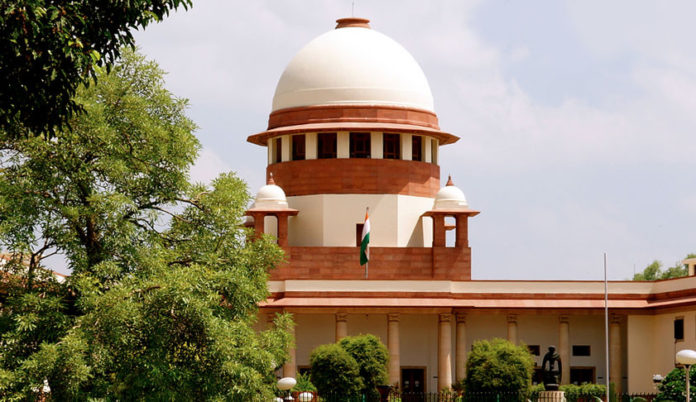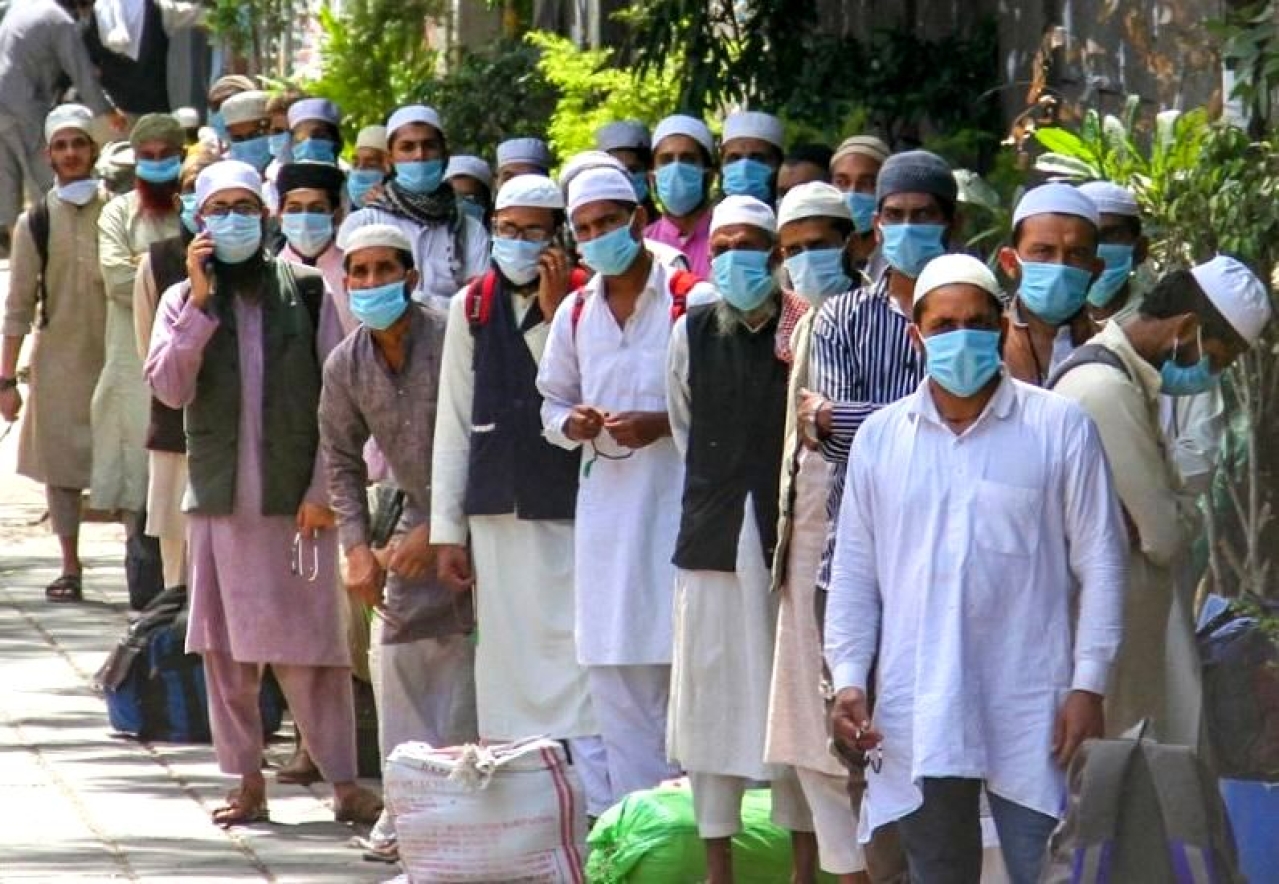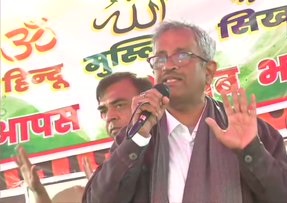The recent unfolding of the appointment of two new judges in the Supreme Court by superseding the seniority of several other judges has brought the SC collegium under public scrutiny.
Kabir | The New Leam

The Government has completely neglected the huge row over the appointed of judges to the Supreme Court. It has ignored all the concerns and the dissenting voices that came from within and outside and has appointed Delhi high court judge Sanjiv Khanna to the Supreme Court, as recommended by the apex court’s collegium.
Despite the overarching controversy that has been going on about the appointment of new judges to the Supreme Court, Justices Dinesh Maheshwari and Sanjiv Khanna have sworn in. It was on Friday that the two judges have been appointed. The swearing-in ceremony was held in the apex court and the Chief Justice Ranjan Gogoi administered the oath taking process.
Constitutionally, the sanctioned strength of the judges in the Supreme Court should be 31 but with the swearing-in of the two new justices, the number will be 28. It must be acknowledged that bot h the justices were earlier appointed as the Chief Justice of the Karnataka high court and a judge of the Delhi high court respectively. The Supreme Court collegium consisted of a five-member team consisting of people like CJI Gogoi and justices S.A. Bobde, A.K. Sikri, Arun Mishra and N.V, Ramana who had recommended that the Justices Maheshwari and Khanna be elevated to the apex court.

On January 10 among much controversy, the new collegium ignored the idea of elevating justice Menon and Nandrajog. It was on Wednesday that the Bar Council of India (BCI) protested against the collegium’s decision of promoting Justice Khanna by superseding several other judges. In a protest against neglecting the seniority of other judges, Supreme Court judge Sanjay Kishan Kaul wrote to the CJI that this was not correct because Justices Nandrajog and Menon were being denied their adequate status. The Bar Council of India asserted that it was wrong to bypass the seniority of the several judges and expressed concern about the issue.
It must be remembered that such a state of affairs neither strengthens the institutions nor gives any public sense of accountability. It deteriorates the credibility of the institution and loosens people’s faith in it. The Supreme Court has said that it would revise the present Memorandum for the appointment of judges so that a climate of accountability and transparency can take place. It will be needed to see when such a system finally comes into place abut until then the collegium will function unquestioned as before.












